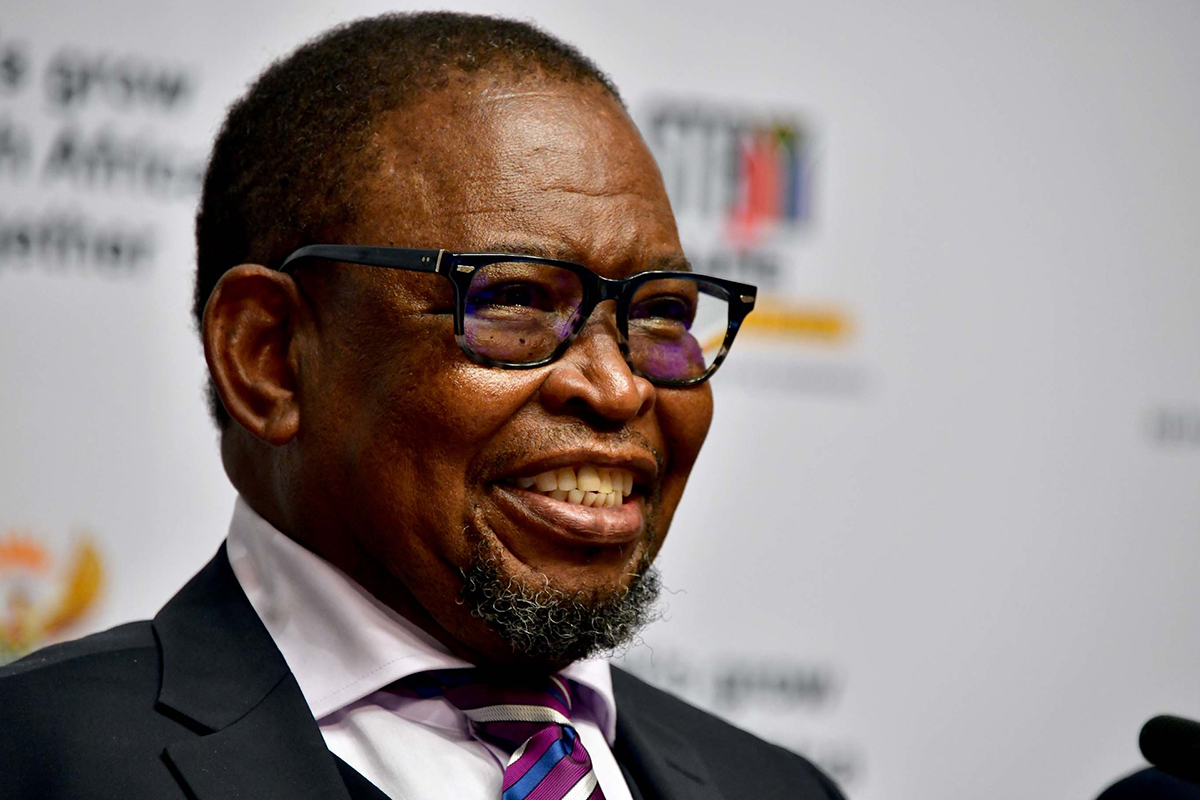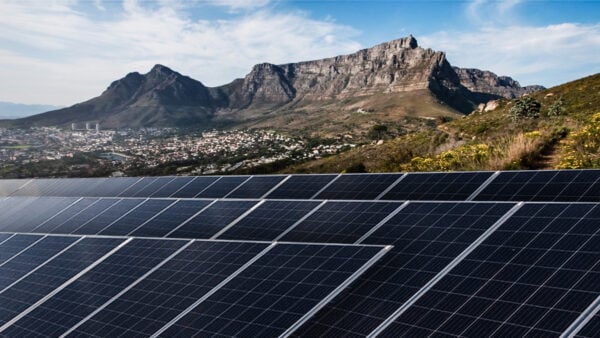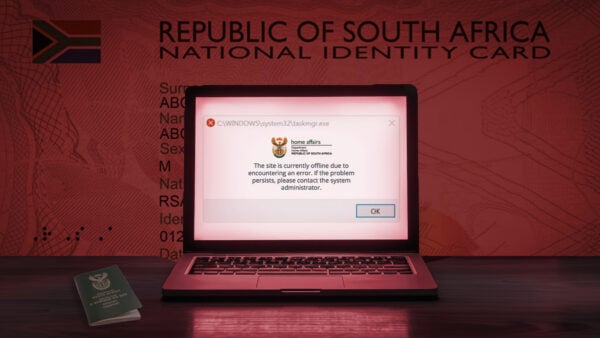Here come the VAT price hikes

Internet service provider Afrihost has warned customers to expect their product prices to increase on 1 May 2025 as a result of the finance minister increasing VAT from 15% to 15.5%.
“It’s our goal to provide the best products and service in South Africa, and we will continue to strive to bring you the best Internet experience possible,” Afrihost said.
Afrihost is the latest of several companies that have told customers to expect their prices to increase from next month.
Vodacom, FNB, Discovery, and Rain have all warned their customers that the VAT increase would increase their subscription rates.
MultiChoice has made a similar announcement, but some good news for subscribers is that the pay-TV operator will absorb the tax increase on many products.
Specifically, the prices of Showmax, DStv Stream, DStv EasyView, Add Movies, BoxOffice, and contract customers will not increase.
While South African companies are notifying customers that their prices will change on 1 May, there remains some uncertainty about whether the increase will be implemented.
The political parties that voted to pass finance minister Enoch Godongwana’s proposed budget “with conditions” are now trying to reverse course and prevent the VAT increase from kicking in.
However, legal experts have said it is improbable that the VAT adjustment can be blocked, with Godongwana himself stating that it remains part of the budget.
The ANC passed the budget thanks to the support of most of the Government of National Unity (GNU), as well as ActionSA and Build One South Africa, which are not in the alliance.
Earlier this month, Parliament voted 194 to 182 to adopt the 2025 fiscal framework report, which the Standing Committee on Finance approved without any amendments.
The standing committee shot down proposals to formally amend the budget, which would have forced the matter back to National Treasury for reconsideration.
Instead, the ANC and IFP committee members supported ActionSA’s non-binding recommendation to scrap the VAT hike and non-adjustment of tax brackets but not amend the budget.
The recommendation requested that alternatives to a VAT increase be found within 30 days, but it made no proposals on how to do this.
The report was adopted by the National Assembly, with support from the ANC, IFP, ActionSA and smaller parties.
Legal experts have said that the only way to prevent the VAT hike from taking effect is for government to table and pass a new law blocking it.
However, this is highly unlikely to happen before it is implemented. Godongwana explained that because the budget was passed, any revenue reductions would have to be made up elsewhere.
Finding R31 billion

Finding the proposed cuts would require around R31 billion. Additionally, any other proposals would take time to process.
Godongwana said Treasury was open to discussions. However, suggestions for alternative revenue sources, such as a wealth tax, or scrapping programmes, would need to be tested, scrutinised and processed.
He said budget amendment proposals could be processed within the next financial year, but they require robust and lengthy discussions.
The finance minister added that things could change based on the revenue outlook.
If the South African Revenue Service collects more money, the second 0.5 percentage point VAT hike proposed for 2026 could be scrapped. However, this can only be determined later.
Passing and adopting the fiscal framework and revenue proposals was only the first step in approving the budget.
The framework sets out government’s macroeconomic policy stance, revenue projections, and the overall spending ceiling for the financial year.
The next step is to process and pass the Division of Revenue Bill, which has to happen within 35 days after the adoption of the framework. The National Assembly is scheduled to do that on 6 May 2025.
The third step is processing and passing the Appropriation Bill, which must happen within four months of the start of the financial year, 1 April. The date to have this done is 10 June 2025.
This bill provides for the actual allocation of funds to individual government departments, entities, and programmes.
Parliament said these timeframes must be carefully scheduled and kept to ensure that the National Council of Provinces also has sufficient time to conduct its budget process.
After adopting the Fiscal Framework and Revenue Proposals, the Division of Revenue and Appropriation Bills were immediately published in the official parliamentary papers and referred to the Standing Committee on Appropriations.
There are opportunities for parties that oppose the budget to frustrate the process, provided there isn’t majority support in the Committee or Parliament.
































